
Drone attacks appear to delay Sudan capital's airport reopening
Sudan's leaders hoped to reopen Khartoum airport after more than a year and a half to show they control the capital, but the morning brought explosions instead.
Watch CBS News

Sudan's leaders hoped to reopen Khartoum airport after more than a year and a half to show they control the capital, but the morning brought explosions instead.

U.N. rights chief says Sudan's "forgotten" war is escalating, as another mass killing of civilians is reported by aid workers.

A remote part of Sudan's Darfur region had been a refuge for people fleeing a civil war, but it couldn't protect them from a landslide. Rebels say 1,000 people are dead, with just one survivor.
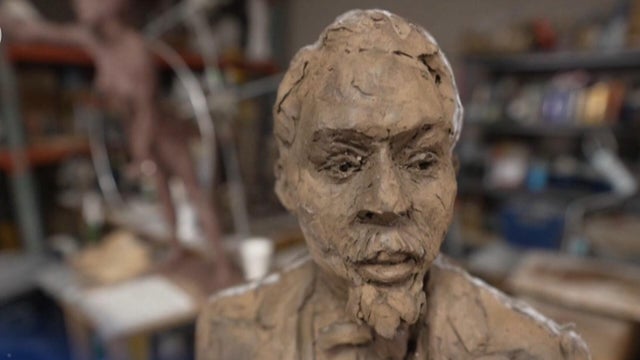
Before he was a South Carolina lawmaker recognized as a champion of civil rights, Robert Smalls escaped slavery in Charleston by commandeering a Confederate ship. Eventually, he would become a top Union naval officer during the Civil War. Now, Smalls is being honored with a statue on the grounds of the South Carolina State House. Skyler Henry reports.
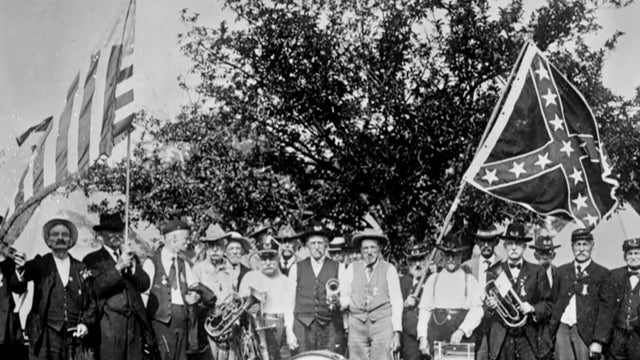
The Battle of Gettysburg raged from July 1 through July 3 in 1863, and was the turning point of the American Civil War. Some people spend years studying to become licensed guides at the site of the Battle of Gettysburg, but the test they need to pass is dubbed the "toughest test in American history," as nearly 90% fail. Brook Silva-Braga met up with some of the history enthusiasts hoping to make the cut.

There are new details about three suspected members of a violent neo-Nazi group who were arrested ahead of a pro-gun rally in Virginia. Prosecutors said the suspects were caught on camera talking about killing people and starting a civil war. Catherine Herridge reports.
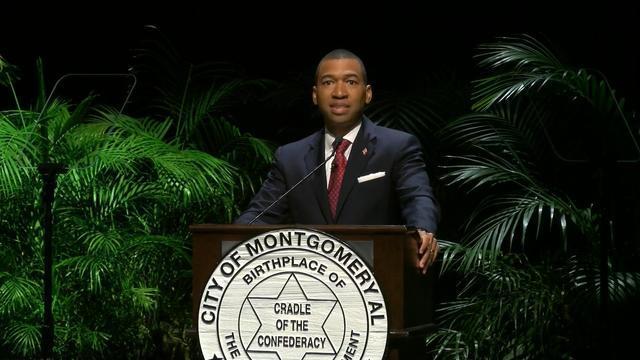
Steven Reed made history Tuesday when he was sworn in as the first African-American mayor to lead Montgomery, Alabama, the first capital of the Confederacy during the Civil War. Jericka Duncan spoke with Reed about the significance.
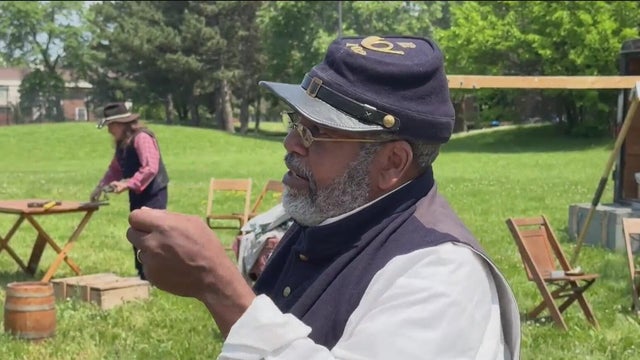
A Juneteenth celebration on Detroit's east side shows the important role Camp Ward played during and after the Civil War.
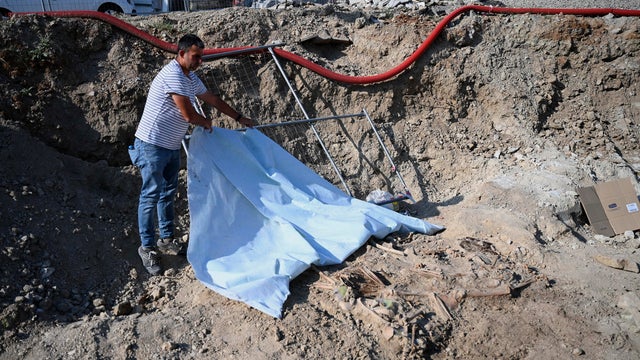
The prisoners were tortured and executed during Greece's civil war era, according to historians.
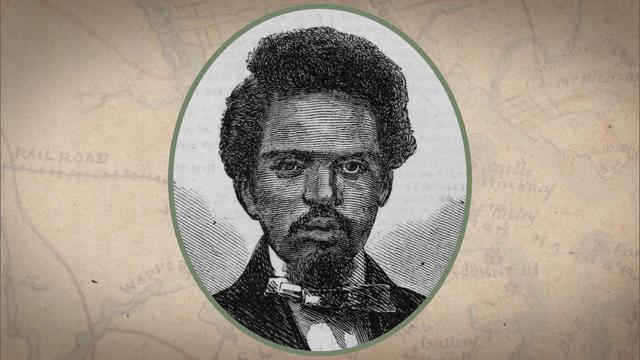
In the years following the Civil War known as Reconstruction, newly-freed African American men could finally vote, and would be elected to represent Southerners in Congress. But it was a period that would be transformed into an era of segregation and Jim Crow laws, and be taught to succeeding generations as a failed political experiment. Yet, Reconstruction is now being given its due in school curriculums, and in a new PBS documentary by Harvard professor Henry Louis Gates. Mo Rocca talks with Gates, as well as with historian Eric Foner and author Lawrence Otis Graham, about some of the most noted African American figures in the post-Civil War era.
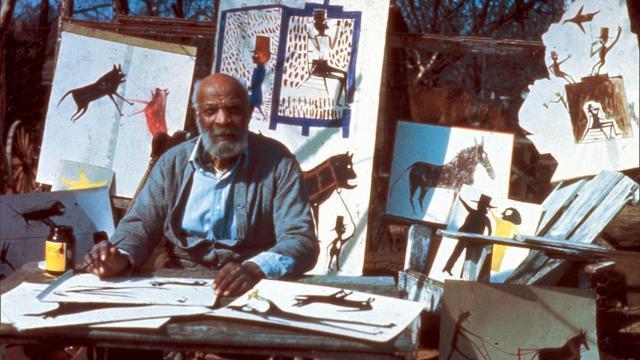
Born into slavery around 1853 in rural Alabama, Bill Traylor worked as a sharecropper for nearly five decades after the Civil War and Emancipation. But in his 80s, without work and homeless in Montgomery, he took a new path, as an artist. Painting on scraps of paper or cardboard, Traylor's folk art told the story of African Americans in the Jim Crow era. Chip Reid reports on "Between Worlds," an exhibition of Traylor's work, and life, at the Smithsonian American Art Museum in Washington, D.C.
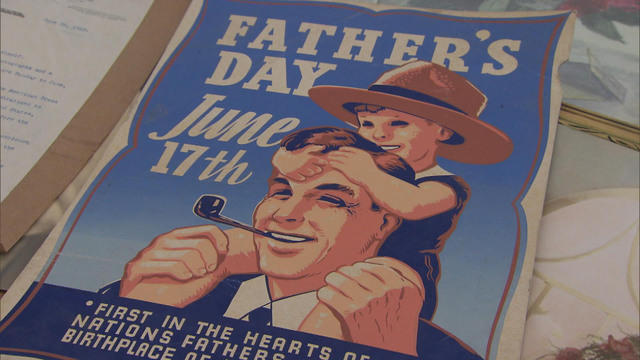
How did Father's Day come about? It was thanks to a woman, Sonora Smart Dodd, who in 1909 proposed a day to celebrate fathers, like the widowed Civil War veteran who'd raised Dodd and her five brothers. But unlike Mother's Day, the idea was slow to catch on, and it would take decades for dads to get their due. Correspondent Nikki Batiste talks with retired NFL star Tony Gonzalez, a 2019 Father of the Year Award recipient, and with photographer Dave Engledow, the self-proclaimed "World's Best Father" (and he has the pictures to prove it).
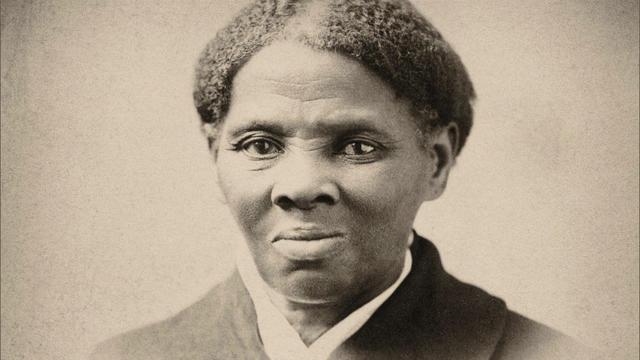
Harriet Tubman, a tiny woman who could neither read nor write, pulled off superheroine-like exploits in the years before the Civil War. With the help of the Underground Railroad, she not only escaped from a Maryland plantation to freedom in the North, she went back, 13 times over 10 years, to guide more than 70 enslaved people to freedom. And during the war, she became the first American woman to lead troops into battle, near Beaufort, S.C. Martha Teichner visits historic sites that were part of Tubman's remarkable life story, and with actress Cynthia Erivo, who plays the iconic figure in a new biopic, "Harriet."
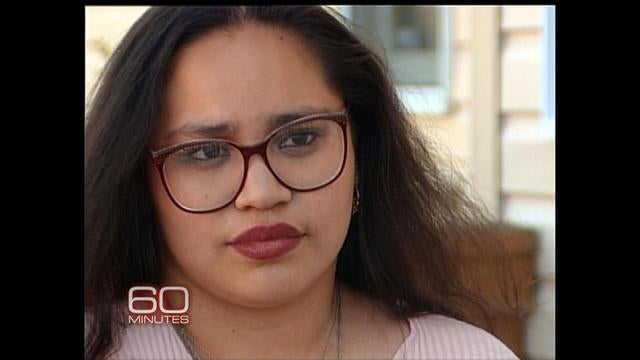
During El Salvador's 1980s civil war, its government punished rebels by kidnapping their children and putting them up for adoption by foreigners. Steve Kroft travels to El Salvador with adoptee Gina Craig, a teenager living in Ohio, to reunite with her Salvadoran family.

The head of the World Food Programme says 125,000 children could die in Yemen as food is blockaded from the country. Scott Pelley shows a rare look at the situation on this week's 60 Minutes.
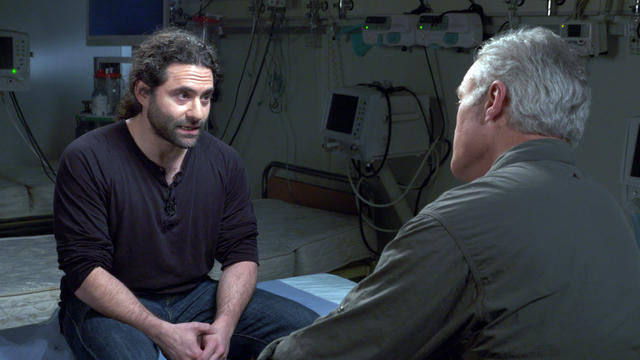
A Chicago surgeon puts his life on the line to save victims of Syria's civil war in hospitals targeted by the regime. Sunday, August 5th, at 7 p.m. ET/PT.

60 Minutes reports this week on the more than 100,000 children orphaned after seven years of civil war. Here's how they found some of them.

In 2008, Anderson Cooper reported on the use of rape in the Congo's civil war. In 2018, the doctor treating the victims won the Nobel Peace Prize.
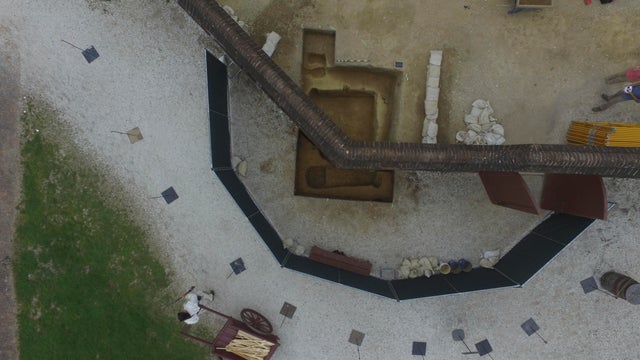
Archaeologists in Virginia unearthed four skeletons, including one with a bullet in the spine, and three amputated legs.
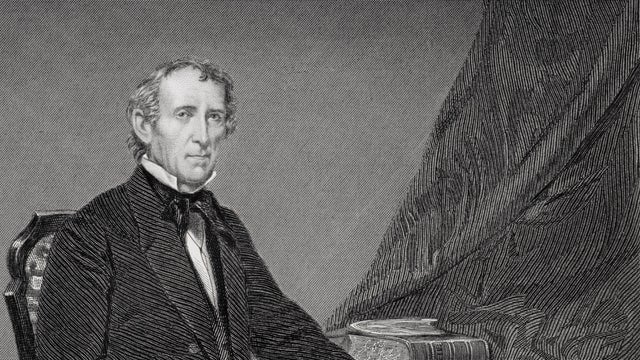
Harrison Ruffin Tyler's grandfather left the Oval Office more than 179 years ago.
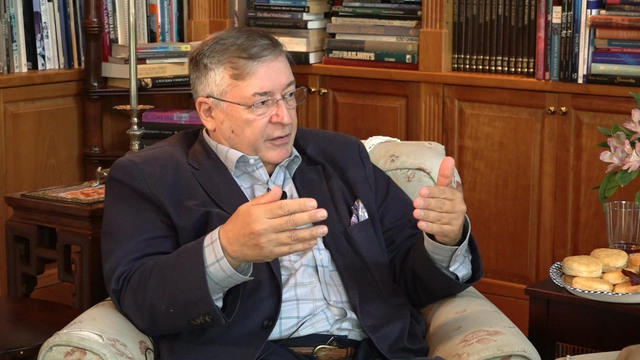
This week on "The Takeout," writer and director Ron Maxwell explains why he used reenactors in his film "Gettysburg." "Reenactors are a living Civil War historian," Maxwell told CBS News' Major Garrett.
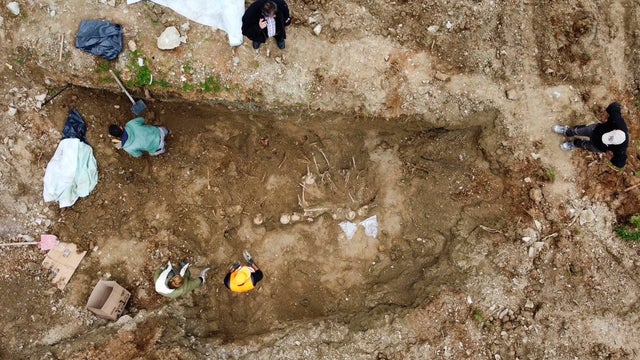
Graves unearthed in northern Greece contain bones widely believed to be from victims of the country's civil war in the late 1940s.
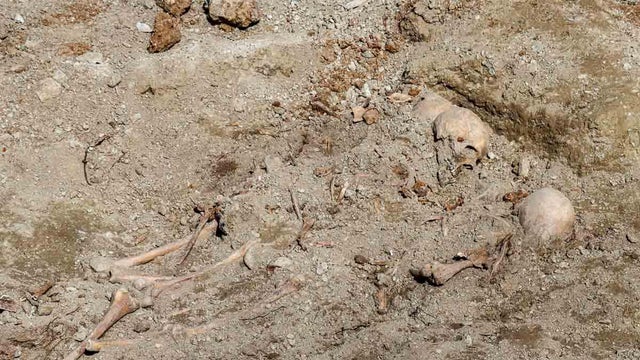
So far, 33 skeletons have been found near a notorious prison, officials said. The grisly find included the discovery of footwear, including the remnants of a woman's shoe.

The attack by the Rapid Support Forces on the Sabrein Market was the latest in a series of deadly attacks.

The U.S. government has determined that Sudan's RSF paramilitary force and its allies have committed genocide in the country's raging civil war.

The demolition could be finished as early as this weekend, two senior administration officials said.

The Senate fell short in its 12th vote on advancing the Republican bill to end the government shutdown. Follow live updates here.

The U.S. has now carried out two strikes against alleged drug vessels on the Pacific side of Latin America.

Three Democrats wrote to President Trump to express concern that decisions about the ballroom addition have been made without public disclosure.

Officials say Border Patrol's operations in the Northern California area could start as early as later this week, but that the timing could shift.
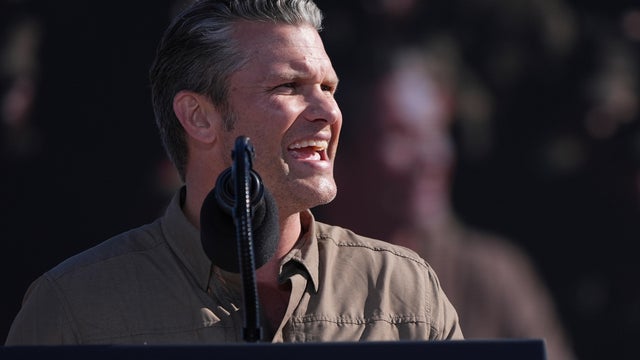
A memo obtained by CBS News directs nearly all correspondence with Congress to go through the assistant secretary for legislative affairs.

An American missionary charity pilot was kidnapped from his home in Niger's capital Niamey, multiple sources tell CBS News.
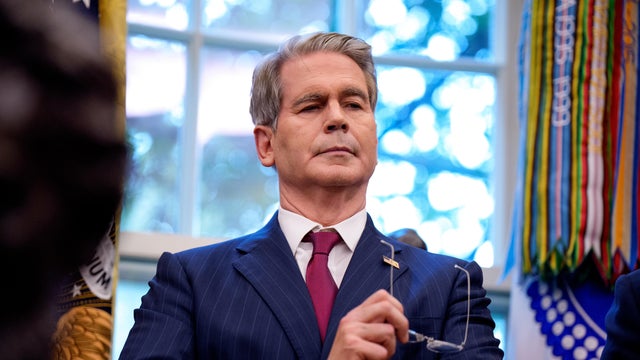
Treasury Secretary Scott Bessent has announced new sanctions against Russia's two biggest oil companies and blasted Moscow's refusal to end its "senseless war."
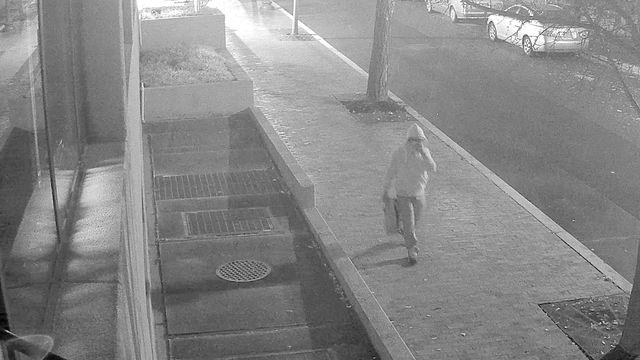
The FBI is reupping its call for information about the still-unsolved DNC and RNC pipe bomb case, releasing new videos of the suspect.